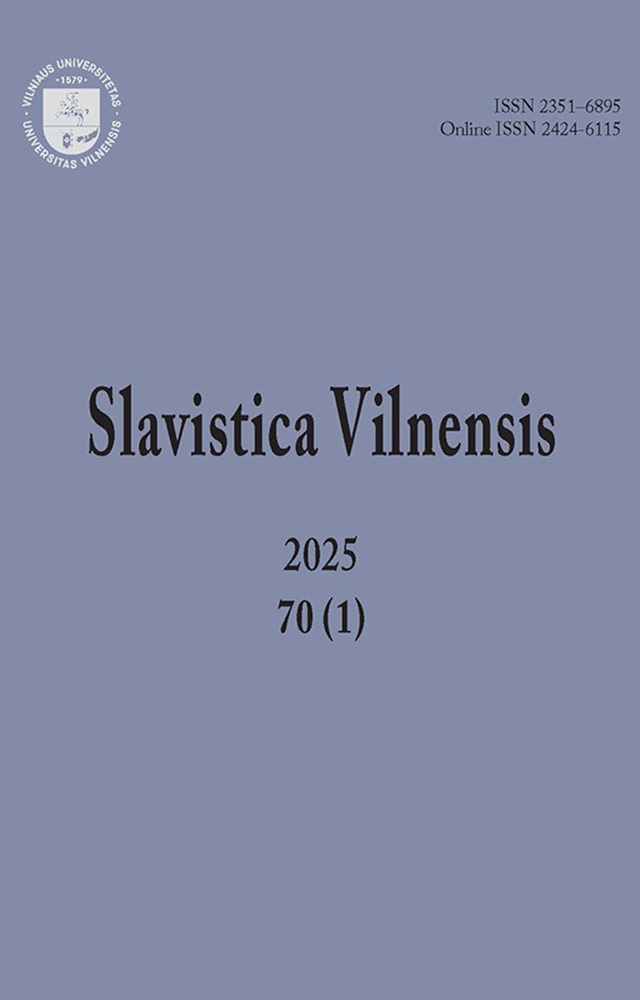Abstract
The paper examines the marginalia of Lazar Baranovych in two copies of his sermon collections, “Mech Dukhovnyi” (“The Spiritual Sword”, 1666) and “Truby na dni narochyti” (“Trumpets for Major Feast Days”, 1674), preserved in the Early Printed and Rare Books Department of V. I. Vernadskyi National Library of Ukraine. The aim of the study is to identify references to the sources Baranovych used and to reconstruct the circle of works and authors that shaped his reading repertoire. The research demonstrated that, besides mentioning the Eastern Fathers of the Church, which is common for an Orthodox hierarch, Baranovych also engaged with the lives of Western saints and works by Roman Catholic authors of the early modern period. Notably, his reading preferences included Polish authors, particularly several 17th-century Catholic preachers. Furthermore, Baranovych cited hagiographic and historical literature, as well as classical antiquity texts. A significant portion of his marginalia comprises biblical quotations, reflecting his deep engagement with scripture. A distinctive feature of Baranovych’s marginalia is his use of self-quotation, referencing his own writings. The analyzed copies, densely annotated with Baranovych’s handwritten notes, represent unique monuments in the history of the Ukrainian book culture in the 17th century. They provide valuable insights into both the author’s practice of revisiting his own works and his habit of compiling reading excerpts and citations.

